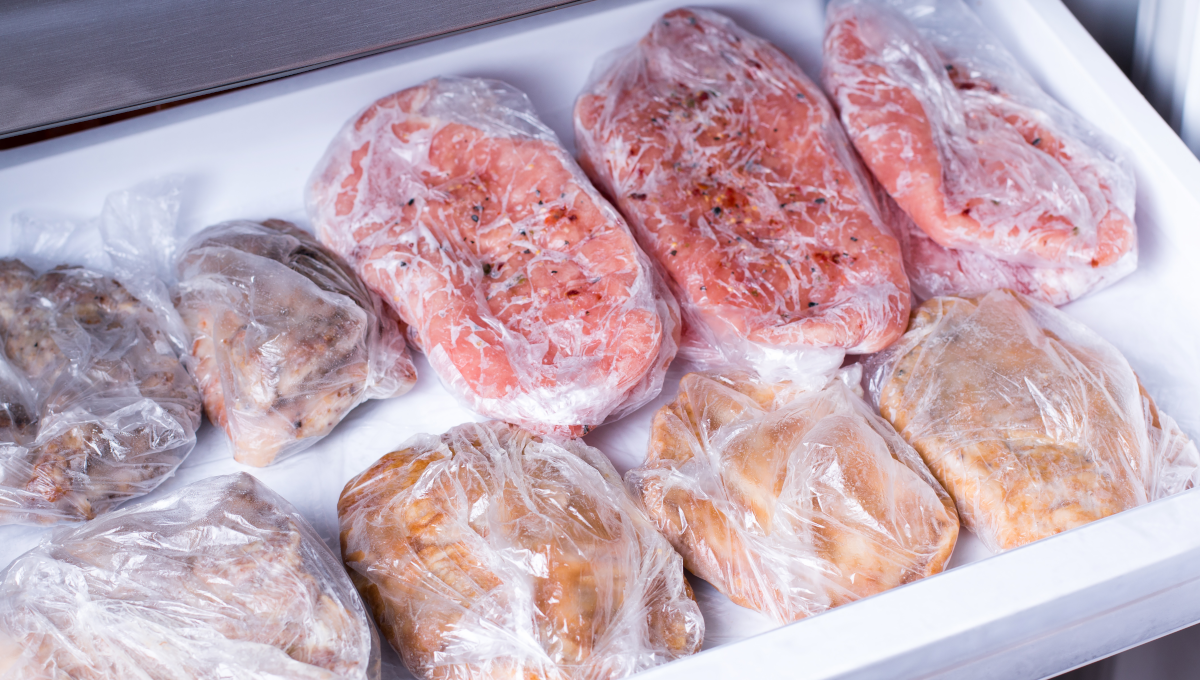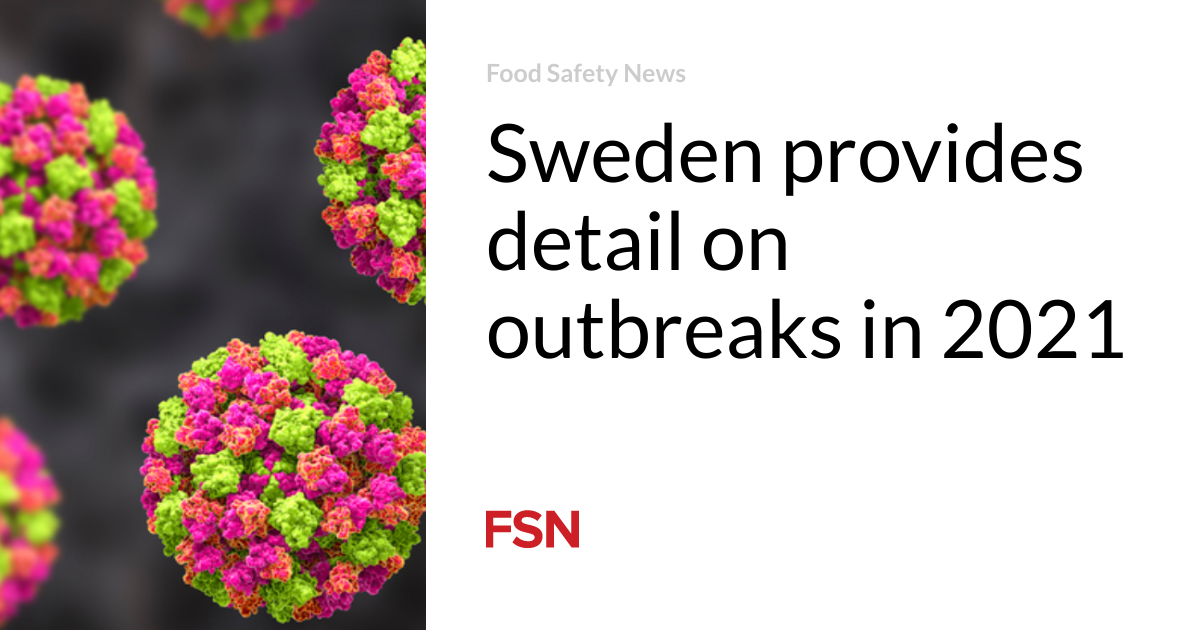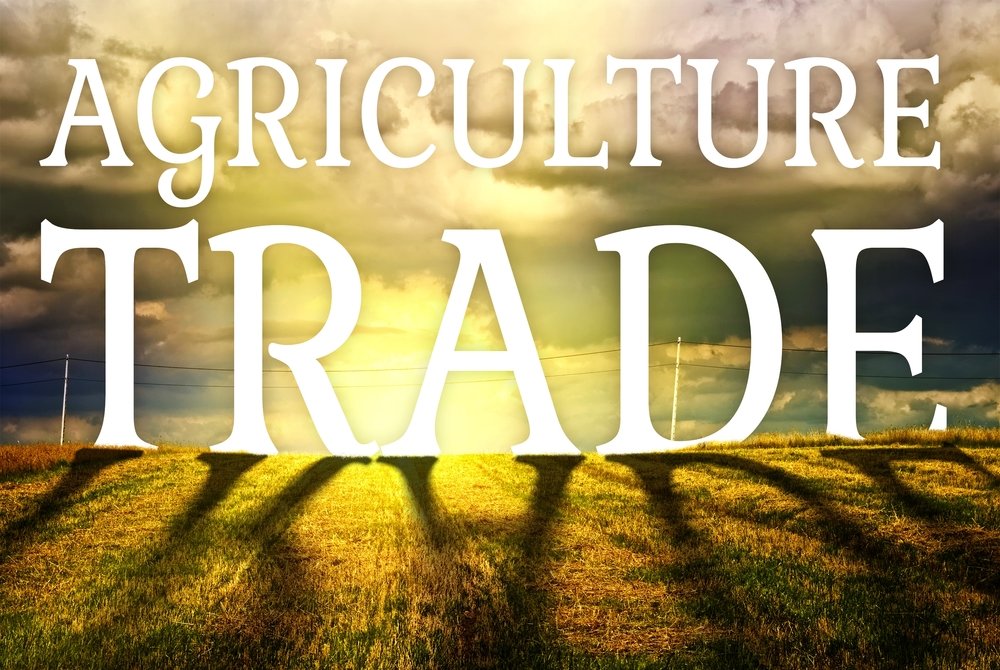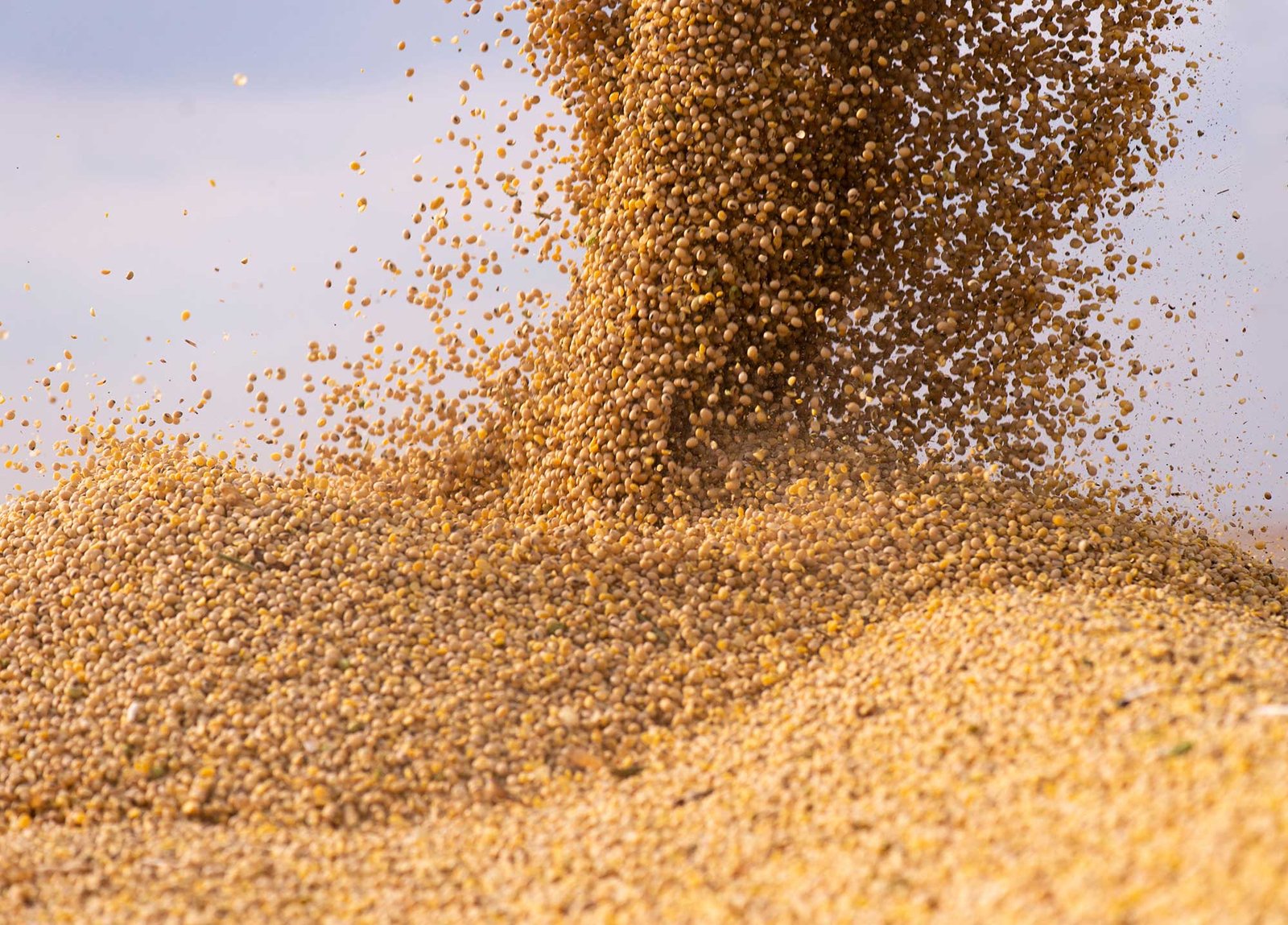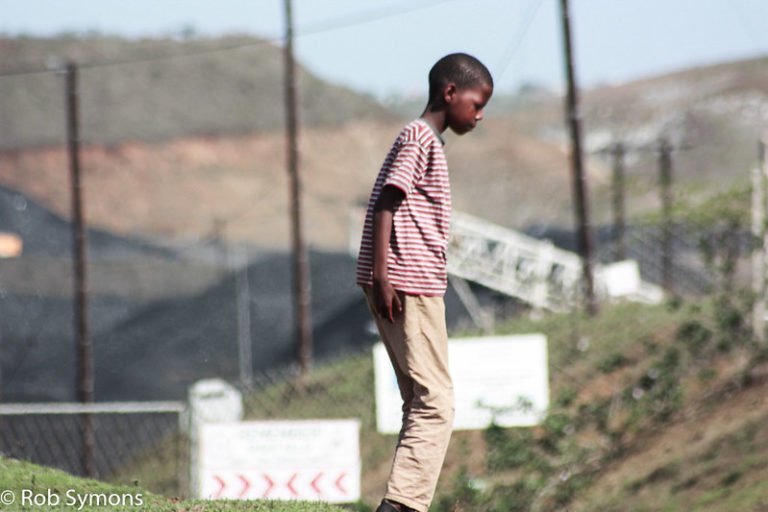By Jeff Havens
Editor’s note: The Lewis and Clark Expedition, commissioned by President Thomas Jefferson, mapped and explored the Louisiana Purchase and areas West from 1804 to 1806, including the area from the Missouri River to the Pacific Ocean.
They were on the edge of starvation in the Bitterroot Mountains during mid-September 1805.
The 34 members of the Lewis and Clark expedition were so hungry they began eating their own horses. They also supplemented the meat with canned “portable soup�? on Sept. 14, 15, 16, 18, and 19 in that difficult year.
When Capt. Meriwether Lewis paid for canned soup in Philadelphia in May 1803, he could have never imagined his emergency food had a fair chance of killing all members of the expedition. This fact was largely dependent on whether the soup was boiled before consumption. To add to this difficulty, the emergency food was contained in lead canisters in which no oxygen could flow into the food.
This comprehensible ignorance by today’s standards was because science had yet to understand both germ theory and the negative health consequences of ingesting lead. In addition, scientists and food processors had no comprehension of the deadliest known food poison: botulinum toxin.
Reasonable persons believe we have advanced well beyond early 19th-century ignorance, and in many ways, we have progressed. However, in some ways we are regressing, much to the detriment of public health.
Botulinum is a potent neurotoxin toxin. It is created under low-acid, low-oxygen environments, and cannot be detected by sight, smell or taste. One tablespoon of purified botulinum toxin has the potential to kill all humans on Earth, if an antitoxin is not administered, usually within the first 48 hours of symptom onset. In the worst circumstance, the toxin can be neutralized if the food is boiled prior to consumption for at least ten minutes, and longer at mountain altitudes.
This fact may have saved the expedition. as Pvt. Joseph Whitehouse suggested in his journal on Sept. 15, “we melted Snow to drink & make portable Soup.�?
In 1803, Lewis had Chef Francois Baillet create a thick paste, comprised of water, beef chunks, egg whites, and chopped vegetables, known as “portable soup.�? Baillet likely learned his food canning method indirectly through the efforts of French Chef Nicholas Appert who developed his canning process from 1799 to 1809. Appert packed foods into glass bottles, corked openings, and submerged the bottles in boiling water for times ranging from seven to 120 minutes. Appert eventually won a prize of 12,000 francs for his efforts in 1810 from emperor Napoleon Bonaparte of France.
Napoleon wanted a way to nourish troops for military campaigns.
The soup Lewis bought would today be classified as a low-acid canned food. Similar high-risk canned foods, to which substances like vinegar are added, are classified as acidified foods. Both these foods are high-risk canned products, regulated by either the Food and Drug Administration (FDA) or the U.S. Department of Agriculture (USDA).
Which agency has authority over high-risk canned food depends on two factors: the most relevant is whether ingredients or products have been, or will be, subject to interstate commerce.
In the circumstance of the 2021 “Montana Local Food Choice Act,�? the law bends over backward to avoid USDA authority for both ingredients and products. However, it only does the same for FDA products. In other words, it’s impossible to legally reason that local “homemade�? commercial food products using nonlocal ingredients are outside FDA jurisdictional authority.
“Local�? cannot also mean “nonlocal.�? Worse, the law claims to be outside of consumer safety protections any reasonable person would expect from such homemade commercial foods.
One of the reasons for the extremely low number of incidents involving commercial foodborne botulism is that these foods have been subject to federal consumer safety standards.
If a state has no regulations or refuses to enforce regulations for high-risk canned foods, and the product includes interstate ingredients, the producer of that canned product is only exempt from the FDA’s emergency permit provision if they meet minimum standards. In such a circumstance, the FDA commissioner must investigate to determine whether to take emergency action on behalf of the public. Because most botulism cases involve homemade food, it’s highly unlikely any FDA commissioner would find the emergency permit provision would not apply to Montana’s commercial homemade food law.
According to surveillance data from federal authorities, in the lower 49 states, the majority of botulism cases are attributed to homemade foods. For example, the most recent data available for 2018 indicated there were 17 laboratory-confirmed cases. Of the 17 cases, nine were attributed to homemade foods.
But this botulism risk is acceptable to Montana state Sen. Greg Hertz, Gov. Greg Gianforte, and state health department director Charles Brereton, who refuses to legally challenge the law, despite its obvious interstate commerce issues because the risk outweighs their extreme antigovernment agenda, dictated to them by their “Americans for Prosperity�? overlord. Moreover, let this column serve as public notice of the supremacy of federal law that Montana has disregarded through willful inaction.
I think Lewis and Clark — the embodiment of public service — would expect much more from government officials to protect public health than what is happening now in Montana.
Jeff Havens has been a registered sanitarian in six states during decades of public service, specializing in commercial food safety. He was the lead author for the 2015 rewrite of Montana’s retail food law and rules, which allows for the production of low-risk homemade foods. He is a current Montana Dept. of Health and Human Services worker but not an official spokesperson for the agency.
(To sign up for a free subscription to Food Safety News, click here)





